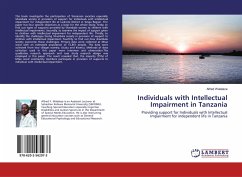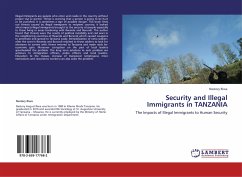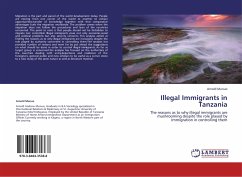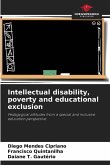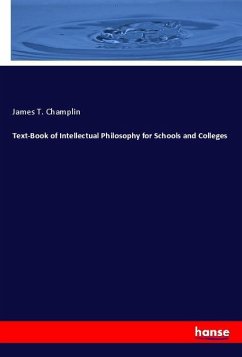This book investigates the participation of Tanzanian societies especially Shambala society in provision of support for individuals with intellectual impairment for independent life at Lushoto District in Tanga Region. The paper has four specific objectives as a basis for the whole study; firstly, to find out types of supports provided by Shambala society to children with intellectual impairments. Secondly, to examine the impact of support given to children with intellectual impairment for independent life. Thirdly, to identify the challenges facing Shambala society in provision of support to children with intellectual impairment. Fourthly, to find out how shambala society overcome those challenges. Primary data were collected at Mtae ward with an estimated population of 12,851 people. The data were collected from two villages namely; Utuku and Kwetui, Methods of data collection used in this paper were interview and observation.The qualitative research approach and case study research design was employed in this paper. The result revealed that, the majority (75%) of Mtae ward community members participate in provision of supports to individual with intellectual impairment.
Bitte wählen Sie Ihr Anliegen aus.
Rechnungen
Retourenschein anfordern
Bestellstatus
Storno

